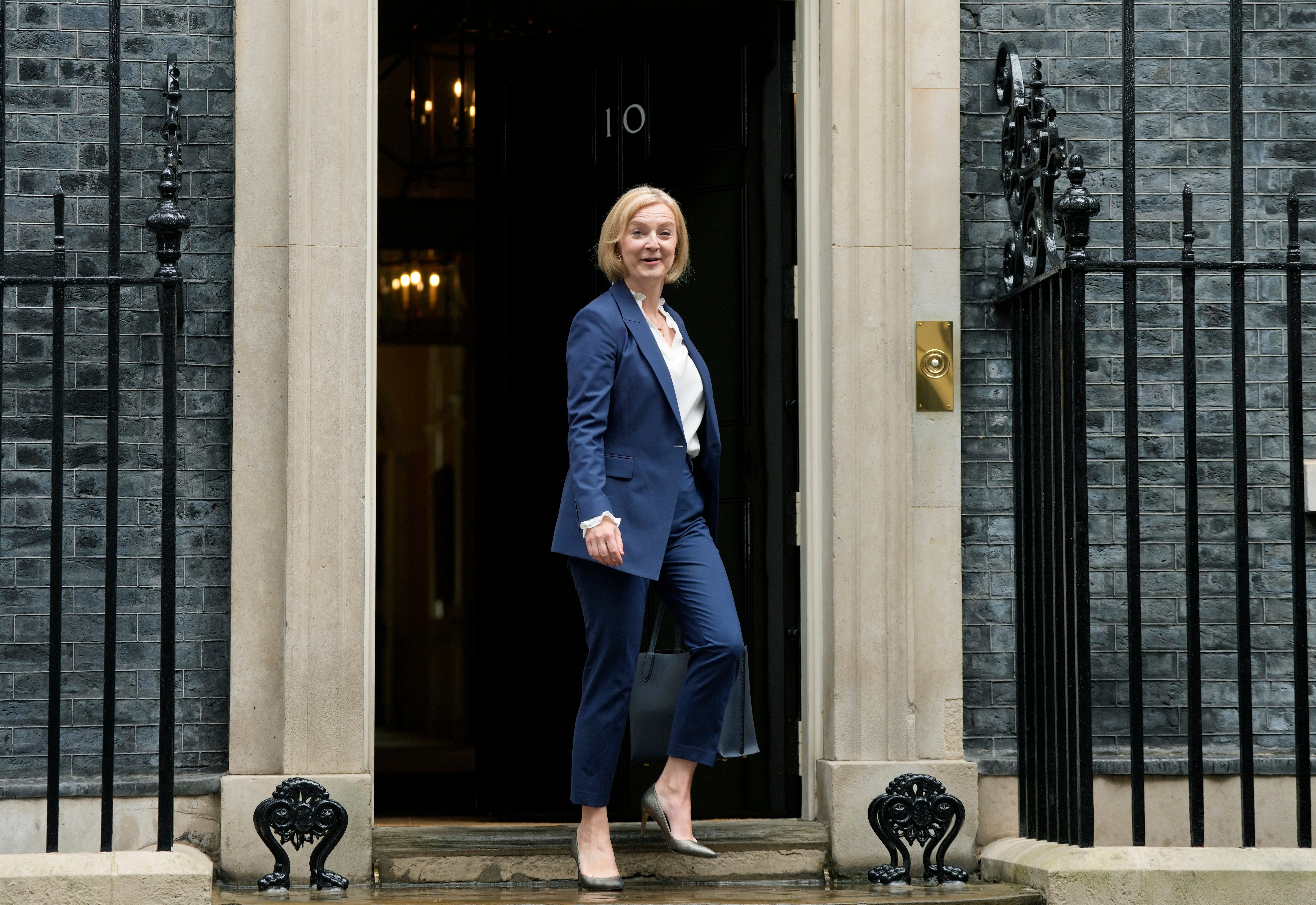Inflation rising again is the last thing this fragile government needs
The unusual nature of the current inflation means an unusually painfully monetary and fiscal squeeze, writes Sean O’Grady


As has been well-noted, the “headline” rate of inflation, at 10.1 per cent, is worrying and will push many who the Conservatives used to call the “just about managing” into poverty.
Yet it only tells part of the pernicious story. Food prices are up 14.6 per cent. The inflation in energy bills is more dramatic still and even more apparent to households and businesses (who also face spiralling costs with less assistance from the state). Rents are rising. Mortgage bills are up. Fuel costs are still high. Food banks cannot cope with the demands on them. Cash savings are being shredded in their purchasing power. There is no place to hide. It is going to get worse – 20 per cent annual inflation is perfectly plausible in the coming months.
Yet, even with the coverage it receives and the way it pervades every corner of life, inflation is not given the prominence it deserves, and least of all by ministers. The foundational error of the Truss administration was to place “growth, growth, growth” ahead of anything. It led to a disastrous mini-Budget and panic in the gilt market, but it has also skewed the terms of political debate. The cost of living crisis was certainly acknowledged by Liz Truss as Tory leadership candidate and now as prime minister, but it was regarded as secondary to the growth conundrum, and was in case famed wrongly.
The cost of living crisis has been treated by politicians overwhelmingly as a question of fairness, of “protecting the vulnerable”, and of capping the increase in energy bills. None of those things is or was wrong, but the debate has failed to mention the broad problem of inflation, and the government, even after its reset by Jeremy Hunt, still fails to put the fight against inflation at the centre of all it does. Fixing the public finances, boosting investment and productivity, making the UK more internationally competitive – these are all major battles, but in a wider war on rising prices. A war on inflation should be at the very centre of all that this government does, and it should support what the Bank of England has been trying to do.
The encouraging news is that Hunt has had a “meeting of minds” with Andrew Bailey, the governor of the Bank of England, and the pair are now working together against inflation rather than against one another, as was the case when Kwasi Kwarteng thought he knew best. Fiscal policy is going to take spending power out of the economy and thus take the pressure off monetary policy to do the same. The process of raising rates and reversing quantitative easing will have to continue, but the programme of tax rises and spending cuts that will be detailed shortly in the medium-term fiscal policy means that credit and housing finance won’t be as expensive or restricted as it would have been under Kwarteng’s plans (even had they survived their first encounter with the capital markets).
The less encouraging news is that the unusual nature of the current inflation means an unusually painfully monetary and fiscal squeeze. Rather than the usual problem of excessive demand, the inflation problem is one of insufficient supply. We now see that the provision of labour, certain semiconductors and foodstuffs being constricted through a combination of post-pandemic supply-chain disruption (particularly in China), the war in Ukraine and, unique to the UK and politically inconvenient to admit, Brexit.
The answer to a lack of supply would be to increase supply, but for a variety of political and geopolitical reasons, that is beyond the ability of the authorities to engineer – the Bank of England owns no gas fields, there is no chip factory in HM Treasury and Brexit is not about to be reversed.
That being so, a really quite harsh recession may be on the way, with all that implies for wage rises and the housing market, with a chance of a crash. Politically, 2024 will be very hard for any government to survive, and this one looks very fragile.



Join our commenting forum
Join thought-provoking conversations, follow other Independent readers and see their replies
Comments